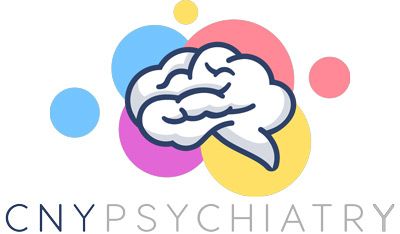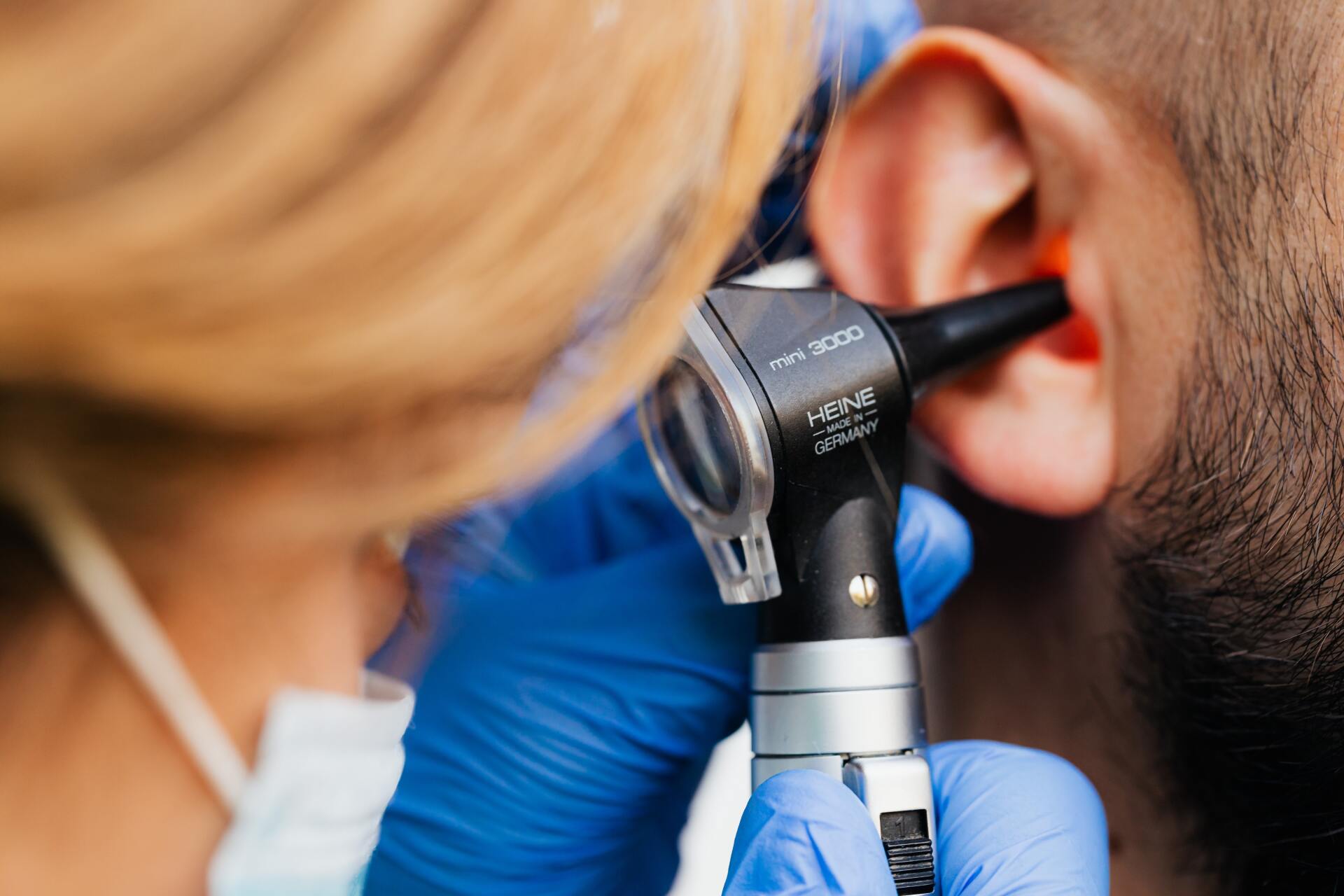TMS FOR TINNITUS
TMS therapy is an effective off-label treatment for tinnitus. People with chronic subjective tinnitus usually don't have a problem with their ears. Instead, it is largely a neurological disorder.
Request a free TMS consulTation
TMS For Tinnitus Page Contact Us
HOW DOES TMS THERAPY WORK?
The mechanism of action of TMS is still not fully understood; however, the response to therapy is indisputable and has consistently demonstrated results in the majority of research being done in the field and we see tremendous results in our own practice.
Transcranial Magnetic Stimulation, or TMS, is a standard, FDA-approved treatment for major depressive disorder, using electromagnetic fields to elicit neuronal depolarization in specific parts of the brain. In the case of tinnitus, it is possible to target the medial temporal lobe area of the brain in a non-invasive manner, and through a series of repetitive treatments, each constituting thousands of stimulations, attempt to alter the tonality of that part of the brain.

The results of this treatment program exceed even the impressive results achieved in standard TMS. The Stanford theta burst treatment Study results, published in October 2021 showed that nearly 80 percent of study participants achieved remission of their depression, and individuals began to experience clinical improvement within an average of 2.3 days. Plus, the intensive 5-day treatment makes it possible for those without a TMS center near them to travel to our location and finally find relief from severe depression. We do provide assistance for individuals looking to stay near the clinic during their course of treatment. The village of Marcellus, where the clinic is located, provides a safe and pleasant walking village, including a beautiful town park, that is easily accessible between treatments should individuals want to venture out of the clinic during the day between treatments.
QUICK LINKS
WHAT IS TINNITUS?
Tinnitus, also called "ringing in the ears," is a common health problem that affects up to 15% of adults. Some people with tinnitus have it so bad that it makes them unable to function. This makes them much more likely to get depressed, anxious, or even suicidal.
In tinnitus, a person hears sounds like a whooshing, buzzing, hissing, or screeching sound that can't be traced to an outside source. Most cases of tinnitus are cases of subjective tinnitus, in which only the person experiencing the sound can actually hear it.
Causes of persistent subjective tinnitus include chronic exposure to loud noise, head injury, medical conditions such as Meniere’s Disease, and aging.
Tinnitus, also called "ringing in the ears," is a common health problem that affects up to 15% of adults. Some people with tinnitus have it so bad that it makes them unable to function. This makes them much more likely to get depressed, anxious, or even suicidal.
A less common type of tinnitus is objective tinnitus, in which both the individual but also another person, such as a physician with a stethoscope, will hear the sound. Objective tinnitus is usually caused by a vascular disorder or some structural abnormality in the body which produces the sound.

ACCELERATED TMS
We are now offering Accelerated TMS in our Marcellus office, and we’re quite excited about the results.
TREATMENT FOR TINNITUS
Individuals suffering from chronic subjective tinnitus do not suffer primarily, if at all, from an ear problem, but rather a brain problem. Researchers have identified a part of the brain known as the medial temporal lobe which is responsible for the production (Schulmann, International Tinnitus Journal, 1995) of aberrant sounds experienced by individuals with tinnitus.
There are various modalities of tinnitus treatment which are considered standard of care. Cognitive behavioral therapy and Tinnitus Retraining Therapy are two types of psychotherapy focusing on helping an individual psychologically cope with their symptoms in a healthier manner. Noise suppression devices, such as white noise machines and masking devices, seek to make the sounds less noticeable. Medications, such as the antidepressants, are often prescribed for those experiencing secondary depressive or anxiety symptoms related to the tinnitus.
Transcranial Magnetic Stimulation, or TMS, is a standard, FDA-approved treatment for major depressive disorder, using electromagnetic fields to elicit neuronal depolarization in specific parts of the brain. In the case of tinnitus, it is possible to target the medial temporal lobe area of the brain in a non-invasive manner, and through a series of repetitive treatments, each constituting thousands of stimulations, attempt to alter the tonality of that part of the brain.
A recent study published in the Journal of the American Medical Association found that repetitive TMS targeting the temporal lobe of individuals suffering from tinnitus for ten consecutive workdays resulted in significant improvement for 56% of study participants, compared with 22 percent in the placebo group of the study (Folmer, JAMA 2019). Impressively, the study spanned a total of 26 weeks, and those responding to the treatment experienced sustained improvement over that time.
HOW TMS THERAPY HELPS TINNITUS DEPRESSION
Our TMS treatment for tinnitus follows the protocol outlined in the Folmer study. Prior to initiating treatment, we do ask that interested individuals confirm with their primary care provider or ENT specialist that they do, in fact, suffer from subjective tinnitus to ensure that TMS therapy will be an appropriate treatment modality for them.
Treatment consists of 10 daily treatments lasting 20 minutes. TMS is extremely safe and non-invasive, meaning that individuals can drive independently to and from their appointments, and quickly go back to their daily activities. Before beginning treatment, a consultation appointment will be scheduled with one of our medical staff to discuss the treatment and to confirm the appropriateness of treatment. Following completion of treatment, individuals will have the opportunity to meet with medical staff to review the results of treatment and discuss any post-discharge recommendations.
This is an off-label treatment, and unfortunately is not covered by insurance at this time. If you or a loved one believe you may be a good candidate for TMS therapy for tinnitus, please reach out to us for more information on pricing and scheduling.
YOUR ROAD TO RECOVERY IS JUST A PHONE CALL AWAY
BETTER DAYS LIE AHEAD
STEP 1: SCHEDULE A TMS CONSULTATION
If your previous treatment plan, medications, or therapy has been ineffective in relieving your symptoms, then TMS may be right for you.
STEP 2: BEGIN TMS THERAPY
Dr. Jason Stepkovitch and his TMS team are certified in TMS, so you can rest assured that you are in good hands when you visit CNY TMS.
STEP 3: ENJOY YOUR PURPOSE-FILLED LIFE
Once you've completed your TMS therapy treatment, you can discuss the continuation of medications with your doctor. Then enjoy your new journey.









